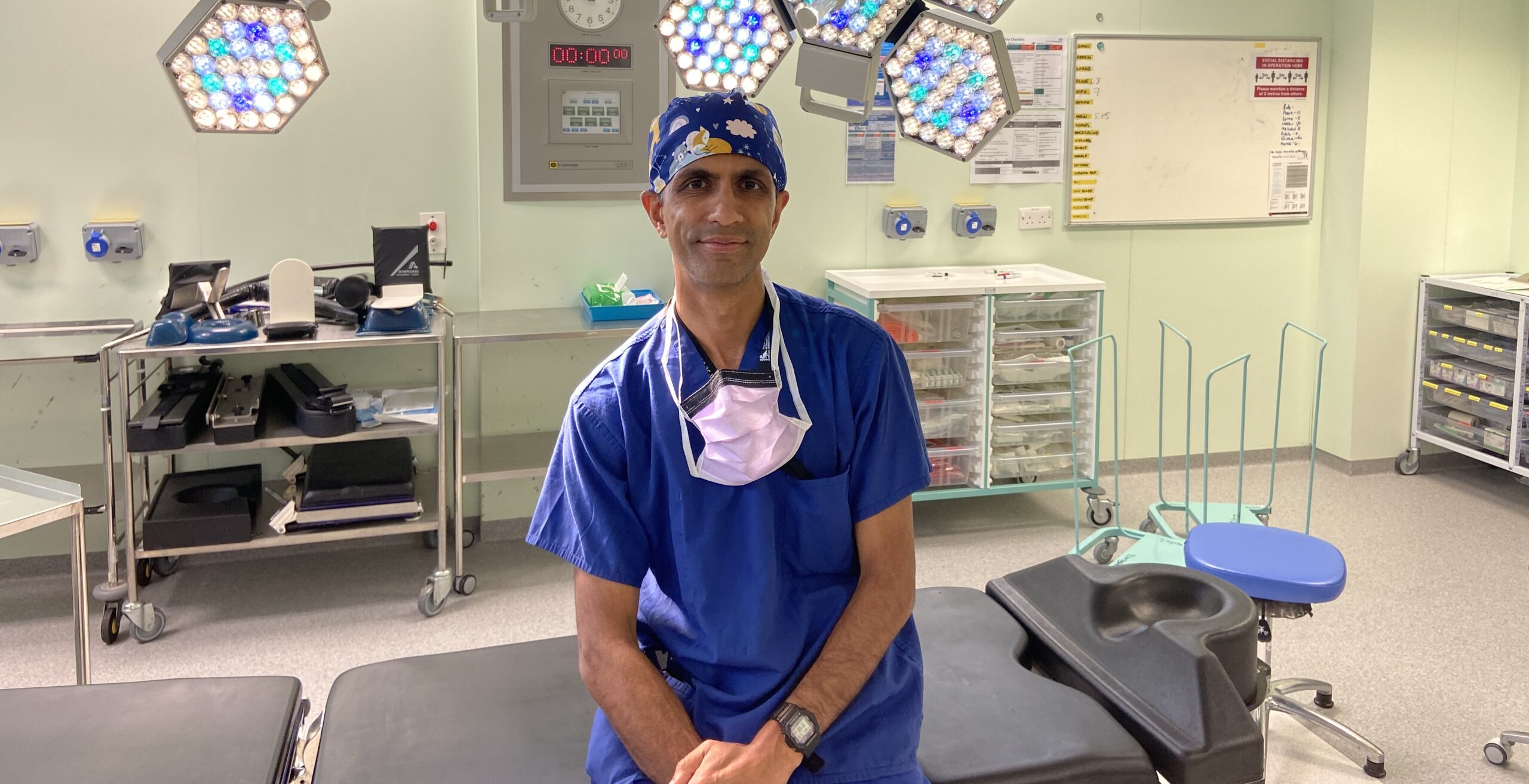University Hospitals Birmingham: A world first in carbon net zero surgery
The issue
Operating theatres are an important focus in carbon reduction: they account for as much as 25% of hospitals’ carbon emissions, despite fewer than 5% of hospital inpatients undergoing surgery.
Patient Advocate and Research Involvement Lead at University Hospitals Birmingham NHS Foundation Trust Dr Lesley Booth CBE said: “Reducing the environmental impact of surgery is hugely important to improving health more broadly. We know that climate change and air pollution have wide impacts on health, many of which aren’t measurable for years to come.
“I would want my operation in a hospital that cares about the environment, showing its commitment to patients and public health.”
The solution
In May 2022, a team at Solihull Hospital performed the world’s first net zero carbon operation. It involved a range of colleagues making several changes to their standard practice, including those set out in the table below:
- using reusable gowns, drapes, and scrub caps
- giving medications through the veins for general anaesthesia rather than anaesthetic gases, which have a strong greenhouse effect
- implementing a plan for minimising electricity use, including heating and lighting
recycling of single-use equipment used in surgery, working with industry partners - recycling of “clean” paper and plastic waste
- using individually packed equipment, and only opening items as they were required
- one consultant surgeon jogged to hospital, and the other cycled.
Safety and efficiency were maintained for the patient throughout, carried out within a full, day-long operating list, including surgery for three other patients.
The impact
UHB Consultant Surgeon and Senior Lecturer at the University of Birmingham Mr Aneel Bhangu said: “Operating theatres are resource intensive environments, contributing to 25% of the Trust’s carbon output.
“We cannot achieve net zero health systems without making surgery greener, so this was a vital proof of concept step. Ensuring healthcare is environmentally friendly is important to patients and communities, and these measures require changes in behaviour and care pathways across complex teams.”
At the end of the operation, the team estimated the reduction in carbon output for the operation compared to the usual output. They calculated that the carbon output was reduced by almost 80% (equivalent to a diesel car travelling around 5500 miles), with the remaining output then offset through a variety of verified carbon offsetting projects, including the planting of trees in the grounds of Solihull Hospital. This brought the total carbon output for the operation to net zero.
What’s next
Mr James Glasbey, Research Fellow, said: “This is only the beginning: we need to ensure that the measures that we put in place maintain the safety for every patient undergoing surgery in the NHS, and also that there’s no effect on the capacity of operating theatres during the COVID recovery effort.
“Research is one of the useful tools we use to ensure this. We want to do a study across the NHS to engage theatre teams to understand why there are barriers in changing practice towards making theatres greener, and to ensure that patient safety is maintained during those processes.”
Tim Jones, Chief Innovation Officer at UHB, added: “As a large NHS organisation, we know UHB has a significant carbon footprint, but we are committed to reducing this as much as possible whilst still providing the care and treatment our patients need.
“I hope this net zero operation is the first of many, not just at UHB but across the NHS.”
Carbon foot printing for this project was based on analysis supported by the University of Birmingham. For more information: visit the University Hospitals Birmingham NHS Foundation Trust website or contact: UHB Consultant Surgeon and Senior Lecturer at the University of Birmingham Mr Aneel Bhangu at A.A.Bhangu@bham.ac.uk.

